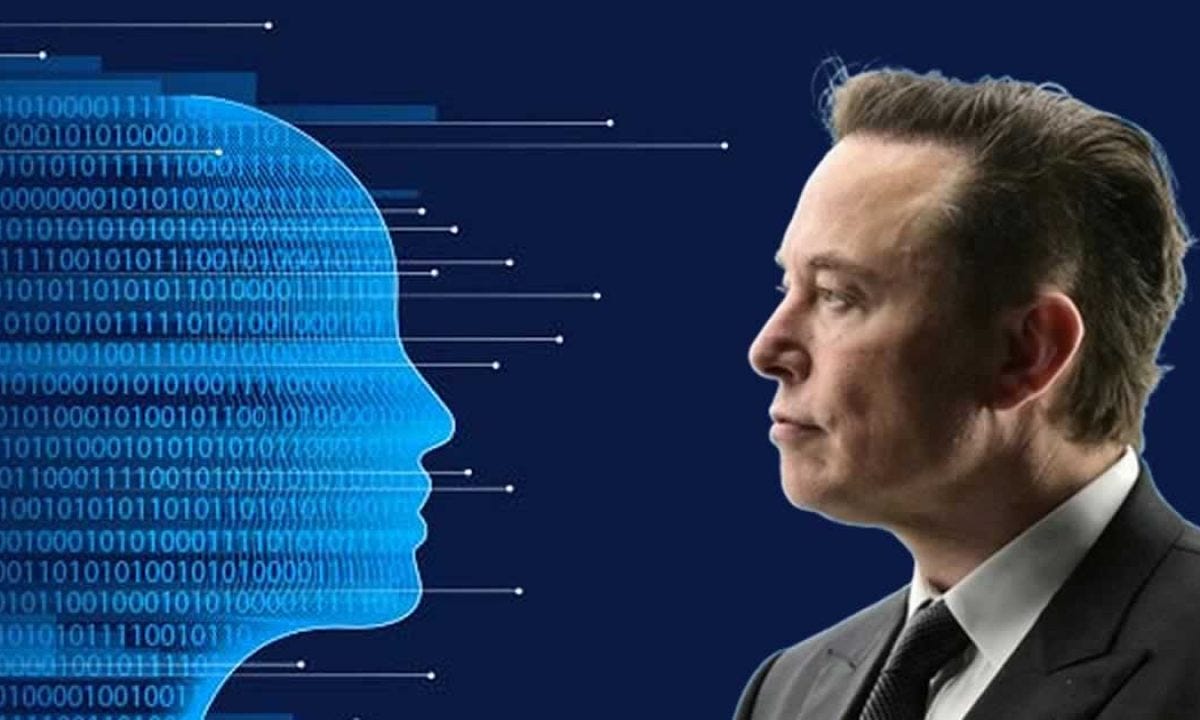Elon Musk's Relationship with AI: From Concerns to Competition
Elon Musk's journey in the realm of AI, from cautionary warnings to building his own alternatives, reflects his deep concerns about the technology.
Hi everybody🙋🏻♂️,
Welcome to
Rise & Shine☀ - Sunday Edition,
Every Sunday, you'll receive an email with helpful information to help you better understand a particular topic.
For more explained articles check riseshine.in
In December, Elon Musk expressed anger over the development of artificial intelligence (AI) and took a firm stand. Learning of OpenAI's partnership with Twitter, which he had acquired for $44 billion, Musk believed the AI startup was not adequately compensating Twitter. As a result, he cut off OpenAI's access to Twitter's data.
Since then, Musk has intensified his own AI endeavors while publicly discussing the hazards associated with the technology. He has been in talks with Jimmy Ba, a researcher and professor at the University of Toronto, about forming a new AI company called X.AI.
Additionally, Musk has hired top AI researchers from Google's DeepMind who previously worked at Twitter. He has even mentioned his intention to create a ChatGPT rival capable of generating politically charged content without restrictions.
Musk's approach to AI reflects his contradictory views on whether the technology will ultimately benefit or harm humanity. Despite ramping up his AI projects, he recently signed an open letter calling for a six-month pause in AI development due to its profound risks to society.
Although Musk intends to compete with OpenAI, he co-founded the AI lab in 2015 as a nonprofit. However, he has become disillusioned with OpenAI's shift away from being a nonprofit organization, as he perceives its technology as taking sides in political and social debates.
Essentially, Musk's strategy when it comes to AI is to take matters into his own hands. The billionaire, also known for leading Tesla and SpaceX, has long believed that his own AI efforts offer superior and safer alternatives compared to his competitors. Those who have discussed AI with Musk describe his belief that poorly managed AI could have disastrous consequences and pose a significant turning point for humanity.
Musk's involvement with AI dates back to 2011 when he became an early investor in DeepMind, a London-based startup focused on building artificial general intelligence (AGI) capable of matching human brain capabilities.
Google later acquired DeepMind for $650 million. In 2014, during a speech at an aerospace event, Musk expressed caution about AI, referring to it as potentially summoning a demon.
Following this, Musk supported the Future of Life Institute and donated $10 million, while stressing the need to address the future implications of AI. Subsequently, in 2015, he played a key role in founding OpenAI alongside others who shared his concerns. OpenAI was established as a nonprofit organization, pledging to openly share its research and code to mitigate the risks associated with AI.
However, as OpenAI began developing ChatGPT, it became apparent that openly sharing its software could pose dangers. The potential for AI to generate and disseminate false information quickly led to internal debates within OpenAI about the extent of information shared with the public.
Musk eventually resigned from OpenAI's board in 2018, partially due to growing conflicts of interest. He began working on his own AI project, Autopilot, for Tesla, which aimed to advance self-driving technologies but faced controversies surrounding fatal crashes. Despite these conflicts, Musk continued to express concerns about AI's dangers and accelerated his personal efforts to develop the technology.
Musk's recent criticisms of OpenAI have coincided with his renewed focus on building AI. During an interview, he expressed his desire to create "TruthGPT," an AI system that seeks maximum truth and understanding of the universe. Furthermore, Musk registered X.AI as a new startup, reflecting his commitment to AI innovation.
Experts who have interacted with Musk regarding AI believe his concerns about the technology's dangers are sincere, even as he actively develops it himself. Others speculate that his stance may be influenced by a desire to promote and profit from his own companies.
Source: NY Times
Thank you for reading our newsletter!🤗
If you enjoyed it, please consider liking and sharing it with your friends and followers on social media.
Every bit of engagement helps us to grow and improve, and we appreciate your support. Thank you again, and we hope to see you in our next edition!


